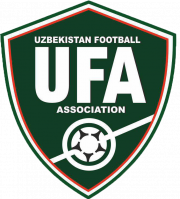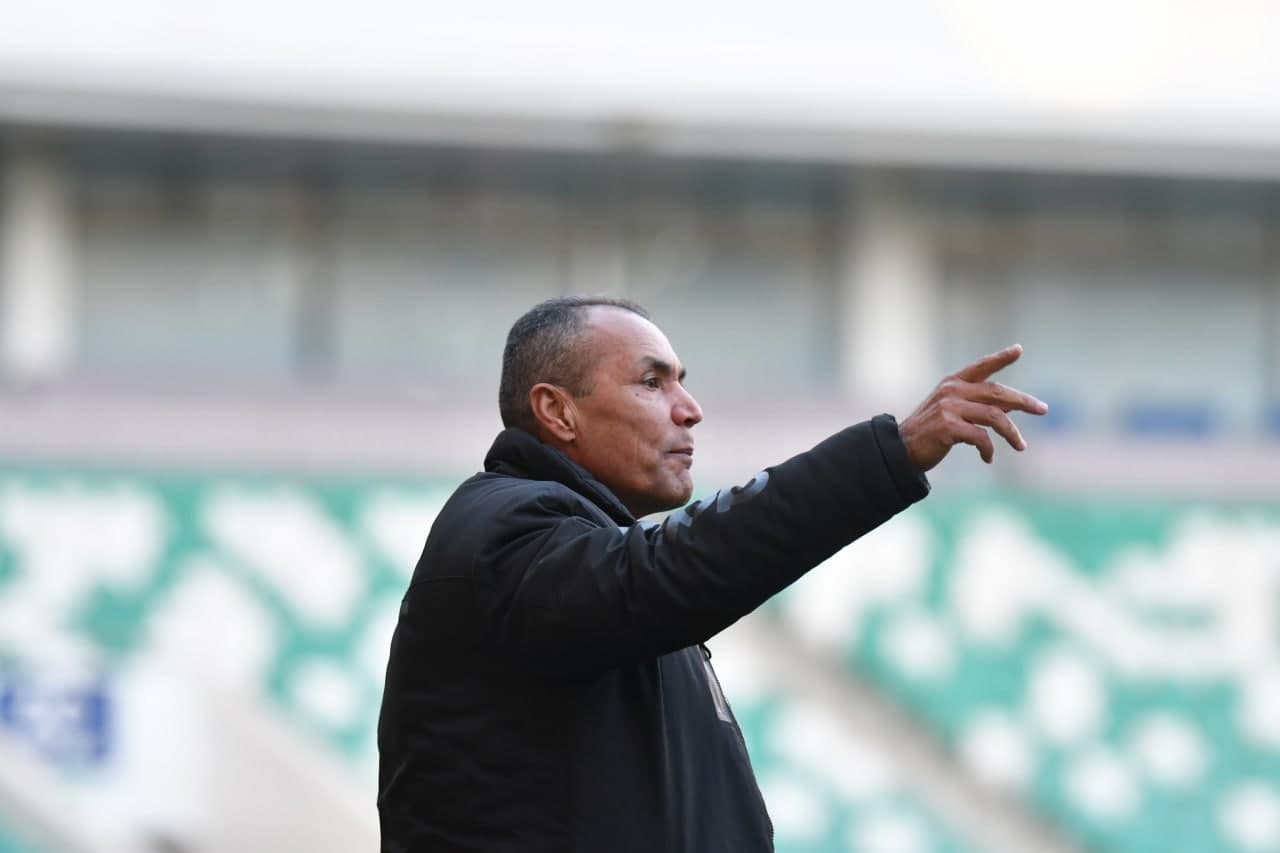It was the tournament which largely flew under the Asian football radar, but one Uzbekistan may look back on as a turning point in their women’s national team’s trajectory.
While the ongoing COVID-19 pandemic ruled nearly all their Asian counterparts out of international action last month, the Central Asian side were in Turkey, competing against two African opponents, as well as the outstanding team in Russian club football, and they emerged with renewed belief in their long-term mission.
While Nigeria can boast eight successive World Cup appearances and star players like Barcelona’s Asisat Oshoala, Uzbekistan haven’t qualified for their own continental championship, the AFC Women’s Asian Cup, since in 2003.
If Bahrom Norsafarov has his way, that will soon change.
The qualifying tournament for the AFC Women’s Asian Cup India 2022 is to be held this September, and Norsafarov, Uzbekistan’s head coach, believes the time is now for his side to carve out a slice of history.
“Our target is to qualify for the 2022 Women’s Asian Cup,” the 55-year-old coach told the-AFC.com.
“This time, Uzbekistan has a stronger squad than in all the previous qualifiers and all of the players have the belief we can advance the final stage of the continental tournament.
“If we achieve this result, we will have a great chance to earn our first ever Women’s World Cup ticket because five teams will qualify directly for the World Cup.
“In this way, we will do our best to reach the upcoming World Cup, it’s high on our agenda to develop the potential and ability required to realise our ambition.”
FIFA Women’s World Cup qualification wouldn’t just be a first for Uzbekistan. No Central Asian team, male or female, has ever played in a senior World Cup, but the expanded 24-team field in the 2023 tournament in Australia and New Zealand means the target for such an achievement in the women’s game has widened.
Certainly, Uzbekistan are the frontrunners on the regional women’s scene.
They piled on 43 goals in four matches to win the 2018 CAFA Championship unbeaten, went within one Vietnamese penalty of reaching the final group stage of Asia’s 2020 Tokyo Olympics Qualifiers, and have benefitted from a robust club system which sees the country’s top players engaging in league and cup clashes throughout the year.
But it’s fair to say that none of those experiences would have provided the type of challenge produced by Nigeria, a side who sit only three places above Uzbekistan on the FIFA rankings, but are worlds apart in terms of top level international experience.
According to Norsarafov, being as competitive as they were against a regular contender on the global stage marked a breakthrough for Uzbekistan,
“Of course,” he said. “We analysed their previous matches and tried to study their tactics and players as well. But we were playing against them for the first time, so all was new for us. We also had to defend and attack against two styles of football school in this tournament – African and European.
“Nigeria are a tactically, technically and physically strong team that showed a meaningful level of football in the tournament as their squad has world-class players from European Champions League clubs. So, we decided to play defensively and tried to score a goal from counterattacks. Even the goal we conceded early in the second period didn’t change our plans and our players had some chances of their own in the last 10 minutes.
“We planned to take part in such a tournament to study our mistakes and this match showed us the areas we should progress in. Our aim was to test and provide an opportunity for new players, who were selected in the previous training camps in Uzbekistan.
“We are working towards organising two 11-player teams that can substitute each other in the Women’s Asian Cup qualifying matches.”
Even without their injured star player Lyudmila Karachik, Uzbekistan’s second-place finish in Turkey produced several milestones.
Their win over Equatorial Guinea was their biggest ever against opposition from outside Asia, and 23-year-old Nilufar Kudratova added to her growing reputation as an international scorer with three goals in as many matches, but Norsafarov’s charges know the real work is yet to come.
“I think the result in Turkey was good,” he said. “But we will learn from what the players did in those matches using the latest systems and we have areas that require further improvements that we have to work on in future training camps.
“In April, Uzbekistan Football Association is organising an international friendly tournament, inviting European teams to Tashkent, and we will have training camps in June and August.”
“For that reason, we will have enough chances to call other new players into the current squad in order to know their potential and physical ability. In addition, a few of our key players, such as Soliha Khusnitdinova and Lyudmila Karachik suffered injuries in the previous season, so we hope they will return to the squad this summer.
“In short, the process will continue until the AFC Women’s Asian Cup Qualifiers in September.”
Should that process continue to produce results, including a trip to India in 2022, Uzbekistan may yet make the leap from regional powerhouse to continental contenders and, ultimately, Central Asia’s World Cup history-makers.
Photos: Uzbekistan Football Association




